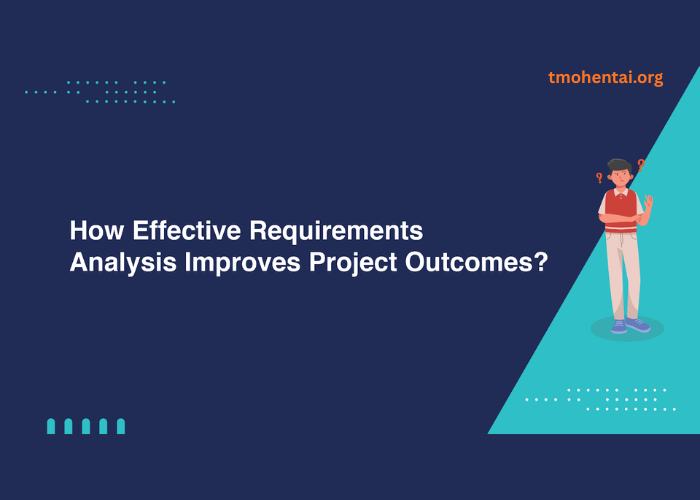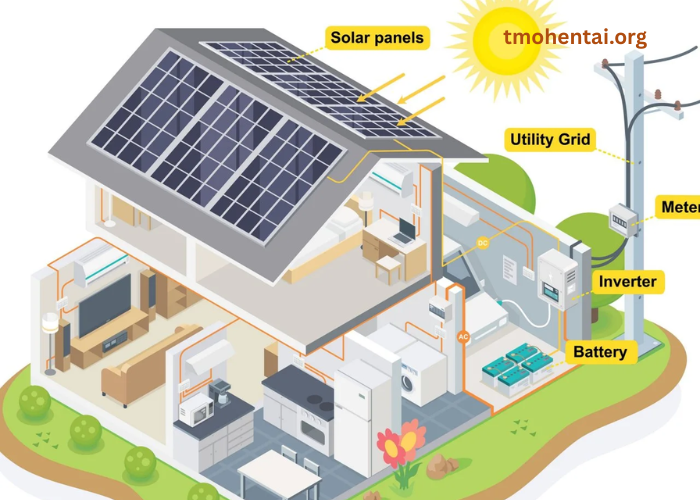If you’re a homeowner looking to access the equity you’ve built up in your property, two popular options likely come to mind: a home equity loan and a cash-out refinance. While both methods allow you to tap into your home’s value to secure funds, they work differently and serve different financial needs. Choosing the right one depends on your specific goals, credit standing, and long-term plans.
This blog explores the key differences between home equity loans and cash-out refinances to help you decide which option may be better for your financial situation.
Understanding the Basics
Before choosing the better option for yourself, it’s important to know all there is about home equity loan vs cash-out refinance. A home equity loan is a second mortgage that lets you borrow against the equity in your home. You receive a lump sum upfront and repay it over time at a fixed interest rate. This loan is separate from your original mortgage, meaning you’ll have two payments: your original mortgage and the home equity loan.
A cash-out refinance, on the other hand, replaces your existing mortgage with a new, larger one. The difference between the new loan amount and what you owe on your current mortgage is paid out to you in cash. This option essentially rolls your current mortgage and the cash you need into one new loan, typically with new terms and a new interest rate. The guide on AmeriSave can also help you better understand the difference between two, so you can make the right choice.
When a Home Equity Loan Makes Sense
A home equity loan is often the better choice if you already have a low interest rate on your primary mortgage and don’t want to change its terms. Since it’s a separate loan, your existing mortgage remains intact. This can be beneficial if your current rate is lower than what’s being offered in the market today.
Home equity loans also work well when you need a specific lump sum for a one-time expense, such as funding a home renovation, consolidating debt, or covering educational costs. Because the interest rate is typically fixed, it’s easier to predict monthly payments and manage your budget accordingly.
When to Consider a Cash-Out Refinance
A cash-out refinance may be the better option if your current mortgage rate is higher than what’s available in the market. Refinancing could allow you to secure a lower rate while also gaining access to cash, essentially killing two birds with one stone.
It’s also suitable for homeowners looking for larger loan amounts. Because you’re refinancing your entire mortgage, lenders may be more willing to approve higher borrowing limits compared to a second loan. This can be ideal for significant expenses like major renovations or investing in another property.
Comparing Interest Rates and Terms
Generally, cash-out refinances tend to offer lower interest rates compared to home equity loans because they’re first-position loans (primary mortgages). Home equity loans, being second-position, are considered riskier for lenders and therefore often come with slightly higher rates.
However, it’s important to consider other costs associated with refinancing, such as closing fees, which can range from 2% to 5% of the loan amount. Home equity loans typically have fewer upfront costs, making them more cost-effective in the short term, especially if you’re not borrowing a large amount.





